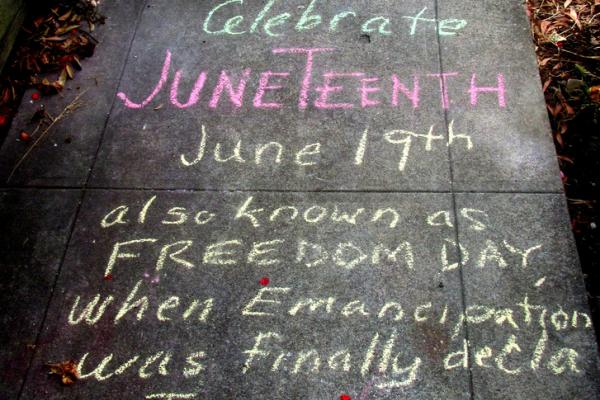Sometimes it is hard to know even where to begin. We stare at this System, this complex web of human behaviors, and the institutions erected to memorialize them, and we simply do not know where to begin. How do we fix it?
"That's just the way it is," we say. "Some things will never change."
Systems are strange beasts. They take incredible human investment to maintain. They are the spaces by which many of us come to know ourselves, to know our place in this world. We identify ourselves in relationship to them. And yet they are so close to us as to be rendered invisible.
Until they hurt us. Until they step on us, exclude us, enslave us, brutalize us.
And this is when it gets interesting, of course; this is when they do their real work, these systems.
Read the Full Article

